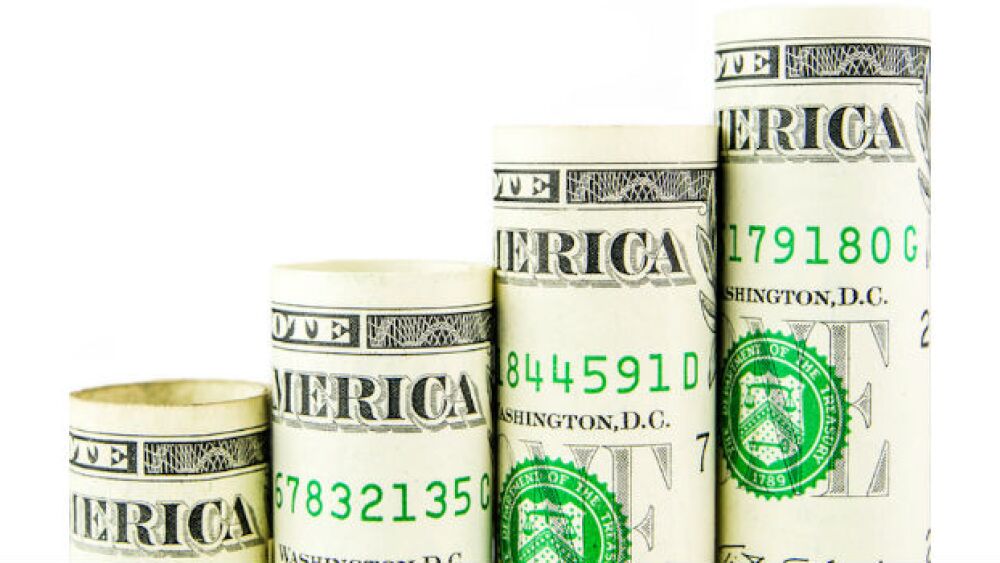Sanofi has agreed to sell its generics division, Zentiva, to Advent International. The deal is expected to wrap by the end of this year.
Paris-based Sanofi has agreed to sell its generics division, Zentiva, to Advent International.
The deal is expected to wrap by the end of this year. Advent, a private equity firm, will acquire the company for 1.9 billion euros, or about $2.4 billion (U.S.).
Reuters notes, “Sanofi has been reshaping its business in recent months, spending more than $16 billion to buy biotech company Ablynx and U.S. hemophilia specialist Bioverativ, but also selling off some assets. This week, it sold some brands to Charterhouse Capital Partners’ Cooper-Vemedia drugs manufacturing arm for 158 million euros.”
“Zentiva is a robust business with a highly talented workforce and we believe it has demonstrated its potential for growth,” said Olivier Brandicourt, Sanofi’s chief executive officer, in a statement. “Following a comprehensive review of strategic options for our generics unit in Europe, we have determined that transferring this business to Advent is the best option to ensure its long-term success.”
This specific sale planning began in October 2017. However, it has been up for grabs for some time, including plans made in November 2015. Sanofi had spent much of the year prior to restructuring Zentiva as a stand-alone company in order to be sold. In February, Reuters reported that the short list of potential buyers included Carlyle, BC Partners and a consortium of Blackstone and Nordic Capital. Two pharma companies were also on the list, Brazilian company EMS and India’s Torrent Pharma.
Since at least 2015, Sanofi has been restructuring as part of a new strategy. This included spinning off its animal health unit, Merial, and the European generics business. In mid-December 2015, Sanofi and Germany-based Boehringer Ingelheim GmbH announced plans to exchange business units. The intention was for Sanofi to swap Merial with Boehringer Ingelheim’s consumer healthcare business. Boehringer Ingelheim’s consumer healthcare business in China was not part of that deal.
The sale of Zentiva was delayed partly to decide which parts of the division to sell. Some of the rationale behind the sale is related to distributor consolidation. Distributors buy generic versions to sell to patients, and once merged, they have more leverage to negotiate lower prices. For the last three years, there has been significant consolidation of generics distributors worldwide.
Zentiva does business in 50 markets, particularly in Eastern Europe—the Czech Republic, Slovakia and Romania. Its portfolio of generic drugs includes products for cardiovascular indications and gastrointestinal drugs, in addition to versions of ibuprofen and leflunomide.
Jerome Schupp, fund manager at Geneva-based Prime Partners, which currently does not hold Sanofi shares, told Reuters, “The sale price is decent, but nothing that extraordinary. Sanofi will probably re-invest the proceeds in looking to make pharma or biotech acquisitions. They are looking to strengthen their pipeline, which is a bit weak at the moment.”
The news follows yesterday’s announcement that Shire was selling its oncology business to France’s Servier for $2.4 billion. And Japan’s Takeda Pharmaceuticals announced several weeks ago its interest in buying Shire. Under UK acquisition laws, Takeda has until April 25 to announce an official bid. Shire’s market value is about $47 billion.
Pfizer has also been trying to unload its consumer healthcare business. Most recently, GlaxoSmithKline walked away from the deal, as had Reckitt Benckiser Group. The Pfizer business unit is valued at about $15 to $20 billion.





